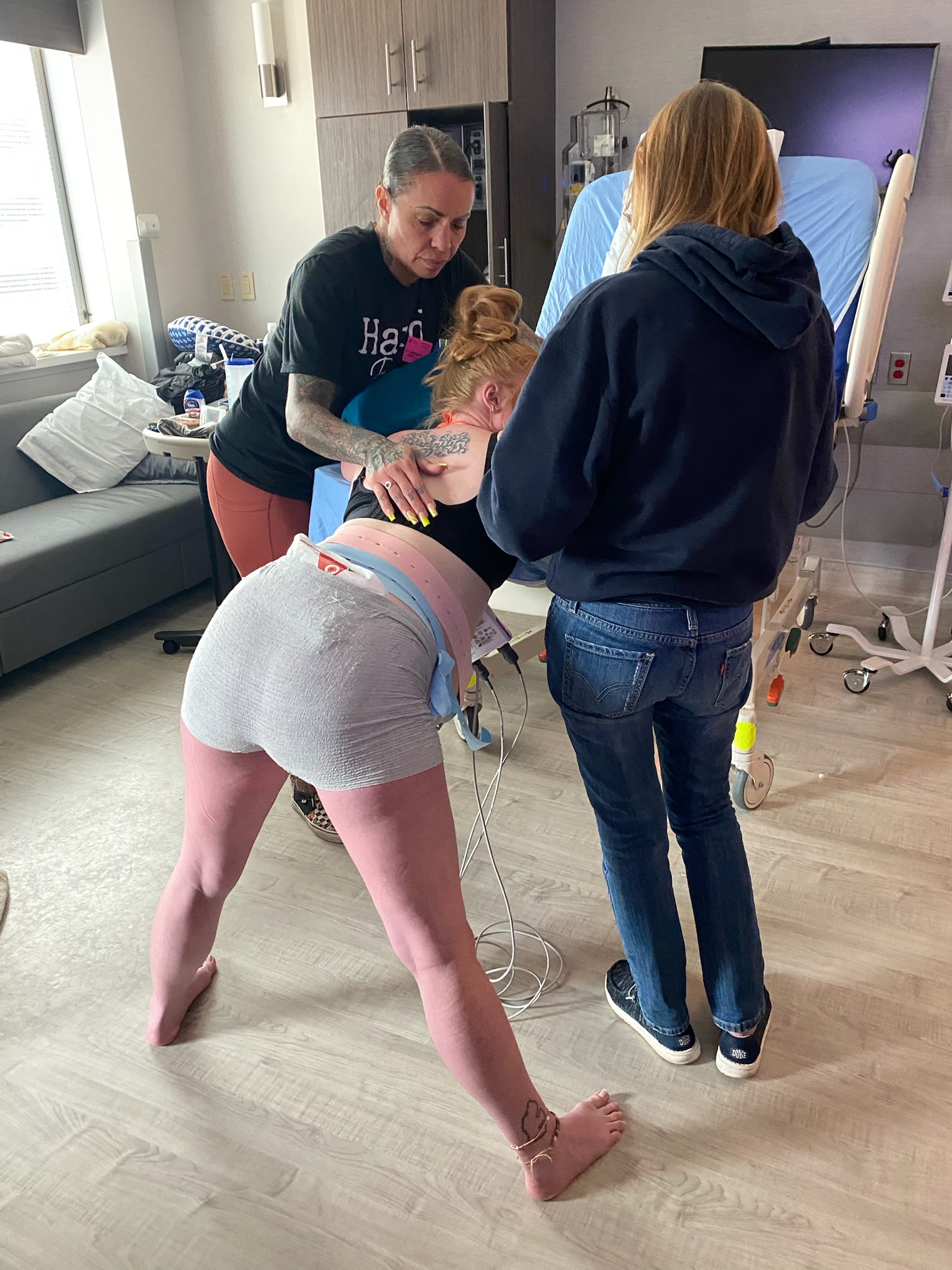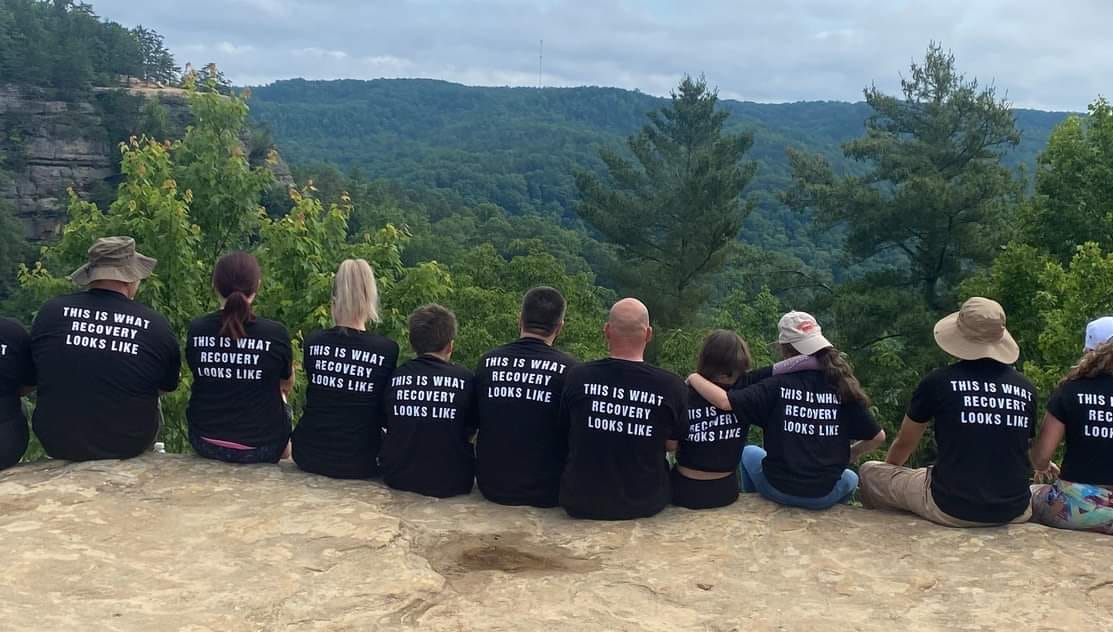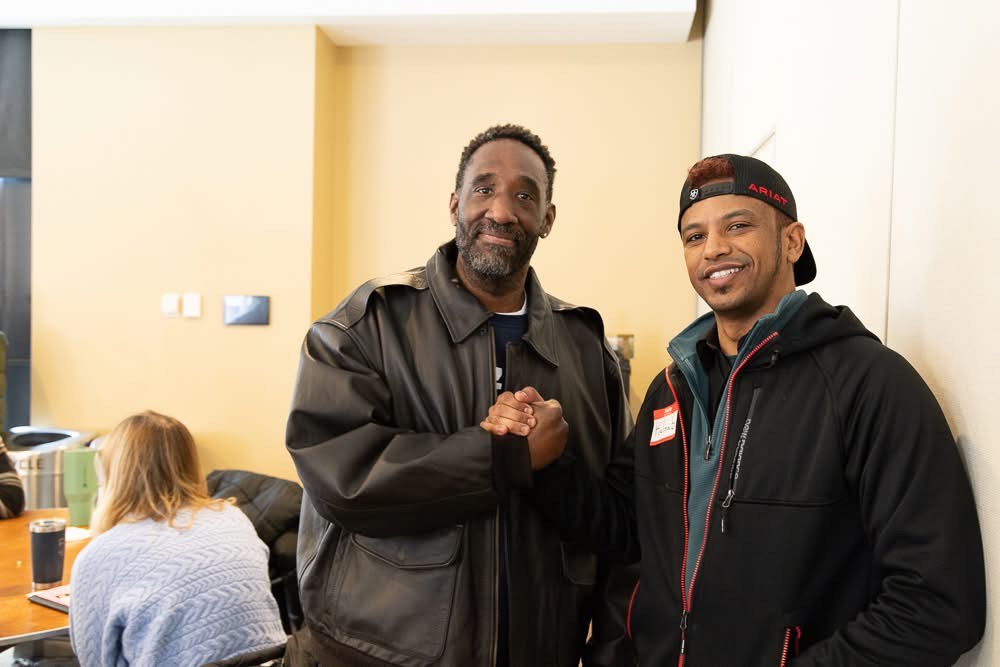When the Trump administration reduce greater than $11 billion in covid-era funds to states in late March, dependancy restoration applications suffered swift losses.
An Indiana group that employs individuals in restoration to assist friends with substance use issues and psychological sickness was pressured to put off three employees. A Texas digital help service for individuals with dependancy and psychological sickness ready to shutter its 24/7 name line inside every week. A Minnesota program centered on dependancy within the East African group curtailed its outreach to susceptible individuals on the road.
Though the federal help was awarded throughout the covid-19 pandemic and a number of the funds supported actions associated to infectious illness, a large chunk went to applications on psychological well being and dependancy. The latter are each power issues within the U.S. that have been exacerbated throughout the pandemic and proceed to have an effect on tens of millions of Individuals. Colorado, for instance, obtained greater than $30 million for such applications and Minnesota obtained practically $28 million, in response to well being and human providers companies in these states.
In lots of circumstances, this cash flowed to dependancy restoration providers, which transcend conventional therapy to assist individuals with substance use issues rebuild their lives. These applications do issues that insurers typically don’t reimburse, reminiscent of driving individuals to medical appointments and courtroom hearings, crafting résumés and coaching them for brand spanking new jobs, discovering them housing, and serving to them construct social connections unrelated to medication.
A federal choose quickly blocked the Trump administration’s cuts, permitting the applications to proceed — for now — receiving federal funding. However most of the affected applications say they will’t simply rehire individuals they laid off or resurrect providers they curtailed. And so they’re not sure they will survive long-term amid an setting of uncertainty and concern, not understanding when the choose’s ruling may be lifted or one other funding supply reduce.
The week it slashed the funding, the Trump administration additionally introduced a large reorganization of the Division of Well being and Human Companies, together with the consolidation of the principle federal company centered on dependancy restoration providers. With out a stand-alone workplace just like the Substance Abuse and Psychological Well being Companies Administration, many advocates fear, restoration work — and the funding to help it — will now not be a precedence. Though non-public foundations and state governments might step in, it’s unlikely they may match the tranches of federal funding.
“Recovery support is treated as optional,” stated Racquel Garcia, founding father of HardBeauty, a Colorado-based dependancy restoration group.
The federal cuts put in danger a roughly $75,000 grant her workforce had obtained to take care of pregnant girls with substance use issues in two rural counties in Colorado.
“It’s very easy to make sweeping decisions from the top in the name of money, when you don’t have to be the one to tell the mom, ‘We can’t show up today,’” Garcia stated. “When you never have to sit in front of the mama who really needed us to be there.”

Psychological well being situations, together with substance use issues, are a number one trigger of maternal mortality within the U.S. And though nationwide overdose deaths have decreased just lately, charges have risen in lots of Black and Native American communities. Many individuals within the dependancy area fear these funding rollbacks may reverse hard-earned progress.
U.S. Division of Well being and Human Companies spokesperson Emily Hilliard informed KFF Well being Information that the division is reorganizing to enhance effectivity, foster a extra coordinated strategy to dependancy, and prioritize funding tasks that align with the president’s Make America Wholesome Once more initiative.
“We aim to streamline resources and eliminate redundancies, ensuring that essential mental health and substance use disorder services are delivered more effectively,” she stated in an announcement.
However to Garcia, it doesn’t really feel like streamlining. It seems like abandoning mothers in want.
Between the time the cuts have been introduced and when the federal choose paused them, two girls served by Garcia’s program gave start, she stated. Although her grant funding was in limbo, Garcia informed her worker to indicate up on the bedside for each mothers. The worker adopted up with day by day check-ins for the brand new mothers, linked them to therapy or housing providers when wanted, and helped them navigate the kid providers system.
“I just can’t leave moms” with out providers, Garcia stated. “I just can’t do it.”
Nor can she abandon that worker, she stated. Though the federal funding offered half of that worker’s wage, Garcia has continued to maintain her on full time.
Garcia stated she primarily employs girls in restoration, lots of whom spent years trapped in abusive conditions, counting on welfare advantages. Now they’re sober and have discovered significant work that permits them to supply for his or her households, she stated. “We created our own workforce of mamas who help other mamas.”
The sort of restoration workforce growth appears to align with the Republican Get together’s objectives of getting extra individuals to work and lowering reliance on welfare advantages. The Trump administration’s drug coverage priorities, launched in early April, recognized creating “a skilled, recovery-ready workforce” and strengthening peer restoration help providers as essential efforts to assist individuals “find recovery and lead productive, healthy lives.” Many restoration applications practice individuals for blue-collar jobs, which may help Trump’s purpose of reviving the manufacturing trade.
However the administration’s actions seem to battle with its acknowledged objectives, stated Rahul Gupta, the nation’s drug czar throughout the Biden administration.
“You can’t have manufacturing if people can’t pass a urine drug test or continue to suffer from addiction or relapse,” stated Gupta, who’s now president of GATC Well being, an organization utilizing synthetic intelligence for drug growth.
Even when jobs return to rural America, chopping funding for restoration providers and the principle federal workplace overseeing such efforts may imply fewer persons are employable, Gupta stated.
Analysis on restoration applications, significantly these run by individuals with private dependancy expertise, suggests they will enhance engagement in court-ordered therapy, scale back the prevalence of rearrest, bolster attendance at therapy appointments, and enhance the probability of households reunifying and stabilizing.
Billy O’Bryan sees these advantages day by day. As a state director for the nationwide nonprofit Younger Folks in Restoration, O’Bryan oversees a few dozen chapters in Kentucky that train individuals in restoration life abilities, reminiscent of balancing a checkbook and interviewing for jobs, and present them the way to have enjoyable in sobriety, by means of group hikes and glow-in-the-dark Final Frisbee video games.
Offering restoration providers “is when we really invest in their future,” stated O’Bryan, who’s in restoration too.
Six of his chapters have been affected by the federal funding cuts. That has meant dipping into his group’s wet day fund to pay workers and chopping again on group occasions, together with cleanup days by which chapter members collect used syringes off the road, cross out the overdose reversal remedy naloxone, and discuss to individuals utilizing medication about the potential of restoration.
He’s exploring fundraising efforts now, however not all his chapters have the identical skill.

“In a city like Louisville, fundraising is not a problem,” O’Bryan stated, “but when you get out into Grayson, Kentucky” — a rural space within the Appalachian Mountains — “there’s not a lot of opportunities.”
In Minnesota, Kaleab Woldegiorgis and his colleagues at Niyyah Restoration Initiative used to spend hours a day at soup kitchens, group occasions, mosques, and on the streets of East African and Muslim neighborhoods, making an attempt to attach with individuals utilizing medication. They spoke Somali, Amharic, and Swahili, amongst different languages.
These outreach efforts allowed them to “find individuals in need of recovery services” who “weren’t seeking it out themselves,” stated Woldegiorgis, who beforehand attended Niyyah’s help teams when he was coping with dependancy.
After constructing relationships with individuals, Woldegiorgis may assist them join with formal restoration providers that invoice their insurance coverage, he stated. However assist couldn’t at all times await a contract.

One afternoon shortly earlier than the federal funding cuts, Woldegiorgis and his colleagues spoke with a person who started weeping, recounting how he had wished to get therapy a number of days earlier however had misplaced his belongings, returned to utilizing medication, and ended up on the road. Woldegiorgis stated he helped the person reconnect with a sister and start exploring therapy choices.
With the federal funding cuts, Niyyah might now not have the ability to help one of these outreach work. Woldegiorgis fears it means individuals received’t obtain the message of hope that may come from interacting with position fashions in restoration.
“People don’t pick up pamphlets to receive these messages. And people don’t read emails and people don’t look at billboards and find inspiration,” he stated. “People need people.”




